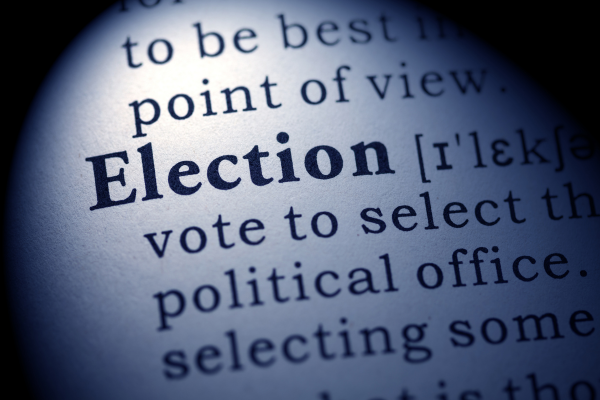
The pre-election period can be a difficult time for councils, wondering what you can and can’t do, and trying to avoid demonstrating a political bias during this time of heightened sensitivity. Guidance is available but there are few definitive rules. In general, council resources (staff, property, meetings, publications etc) cannot be used to promote political parties or candidates. Our own advice would be: if in doubt, err on the side of caution. It is only 6 weeks!
However, we have written guidance on some key areas, so you can avoid any potential pitfalls in the next few weeks.
Starting on a very practical note, if your council venue is used as a polling station then you may need to rearrange any planned events or meetings to accommodate that. Hopefully there is plenty of time to make alternative arrangements.
You may also find that groups are keen to book your venue for political events, such as hustings. Subject to any conditions on the use of their premises, councils are free to hire out their rooms to a political party. Be mindful that a single party hustings could upset some residents or sections of the community and/or give perceptions of political bias, so the council may prefer to only use their premises for hustings in which all parties are present. If you are asked by a parliamentary candidate to make your venue available for election purposes, and it is a venue which is maintained primarily or entirely through public funds, and also regularly used for public meetings, then you may want to seek guidance from our Advice Service.
As the General Election approaches, publicity is an area to exercise caution. There are restrictions to be observed by all local authorities – including parish and town councils. Essentially councils should ‘not publish any material which, in whole or in part, appears to be designed to affect public support for a political party‘. This will include the council’s website, newsletters/e-bulletins, social media, noticeboards, outgoing statements, press releases and anything else publicising the council, other organisations, or activities.
It is best practice that all council communication goes through the clerk or other staff. If that is not the case in your council, then the council must ensure that individuals are suitably briefed on publicity guidance, or temporarily restrict communications to ensure impartiality is maintained during this period.
Things that you might want to look out for are anything which might be seen to be promoting an individual with a known political association. This might include (for example) a photo of your chair handing over a grant cheque to an organisation or individual with a political link.
If you are planning on making announcements about new events, or projects, then take a moment to consider whether there is any possible known political association and if so, consider delaying that until after the election.
We have previously been asked whether councils might provide a guide to General Election candidates for the public and would suggest that councils might prefer to avoid this. Councils however may want to promote the democratic process more widely, including the need to Register to Vote.
If the council generally allows other organisations to publicise their events on noticeboards, or on the council’s website, then you may want to be careful about what events are being publicised or even opt to suspend that service briefly.
For social media more broadly, our general approach would be to exercise care when posting on social media, including comment sections. The council may prefer to refrain from social media during this period of heightened sensitivity except for essential business.
Please note that councillors are also individuals, who are entitled to political views. However, they may want to be mindful of the council’s Code of Conduct and ensure that they are not representing their personal views as those of the council. The LGA’s FAQ’s provide excellent guidance on what councillors can say/do.
Be mindful of how council meetings and events may be used to promote political causes. Council business can continue as normal during the pre-election period, but councils may wish to reduce agendas to essential business only and/or defer some items for later consideration. The chair can use their leadership skills to lead the way on what is appropriate communication and prevent anyone using a meeting to campaign (new and existing chairs might appreciate attending our Chairing Local Council Meetings training, which can provide some guidance for handling difficulties).
Council events (such as D-Day 80 events) may still go ahead, but consideration should be given to who is in attendance. If the event might involve candidates or could potentially give rise to concerns around political bias, the council may prefer to consider postponing the event or making alterations to the day. If, for example, a candidate (such as an outgoing MP) has been invited to address the event or take a VIP role on the day, then you may prefer to rescind that invitation; perhaps the chair or another councillor could fill that role instead.
Finally, remember the golden rule that council resources cannot be used for pre-election publicity. This will include things such as your office or stationary (so don’t print off election posters for a candidate*!), and will also include the council’s most valuable resource – staff. Please ensure that staff time is not being used to promote political causes in the run up to the election.
*Councils are likely to be asked to assist the district council with posting election notices which will not be an issue
The Local Government Association have written a guide to pre-election guidance, which has recently been updated.
Government guidance is available here
The Electoral Commission has published an election timetable
You can also contact our Advice Service for more guidance and our team would be delighted to offer support.